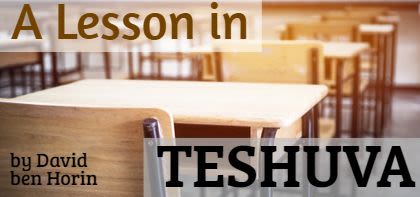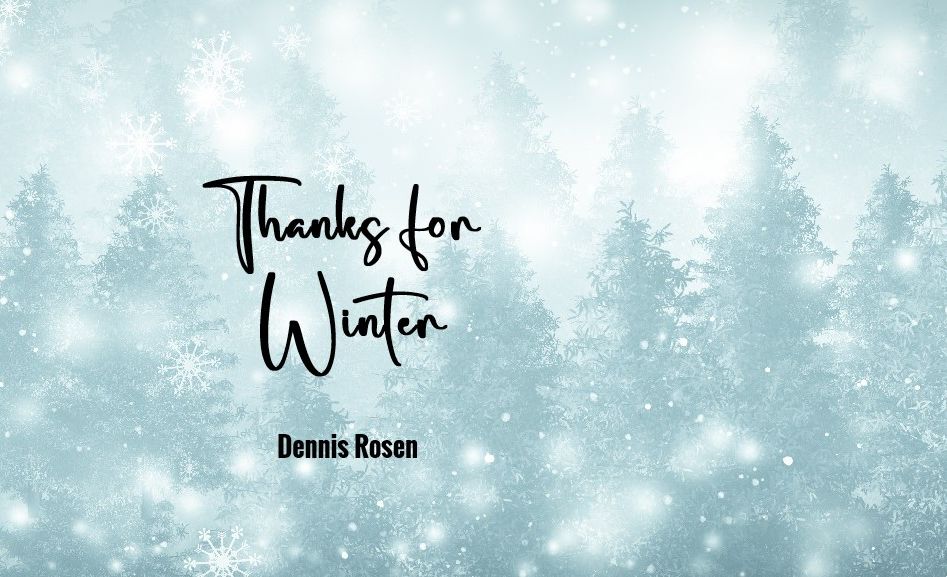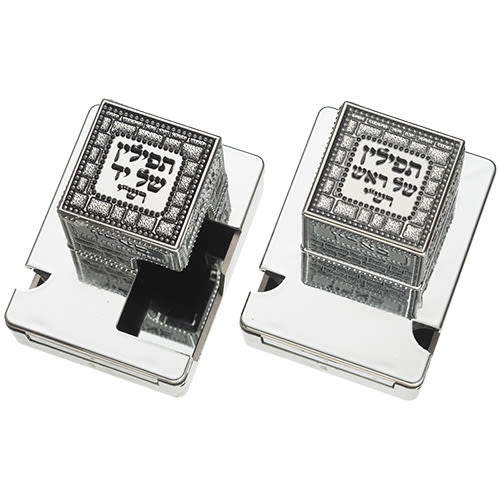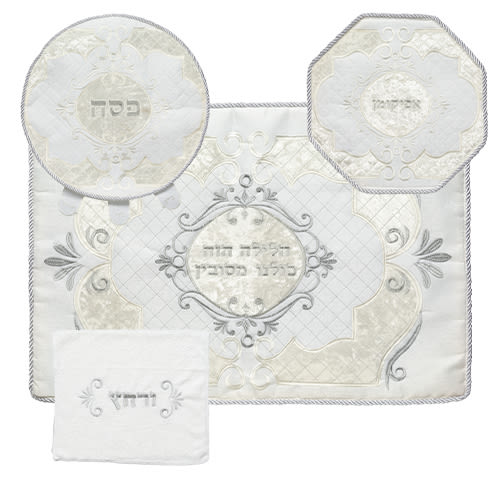
A Lesson in Teshuva
I learned an important lesson about repentance from my son while on a scenic hike in the north of Israel.

We were hiking in Ein Parod, a trail just south of Tzfat. It had rained over the last few weeks. The trail transformed into one big river with hundreds of mini-waterfalls cascading down to the valley.
It was where my son taught me what it means to repent.
My wife was born in the Soviet Union. She speaks Russian to her mom and to Russian-Israelis. My son learned a word: “knyet,” which is “no” in Russian. Whenever his teachers, and mommy and daddy would ask him anything, he got into the habit of practicing his Russian.
He got into fights with other boys in the class. When his teacher told him to stop, he laughed and said “knyet.” At bedtime, we asked him to change into his pajamas. He would smile and say “knyet.”
We all felt helpless.
The drive from our home in Afula to Ein Parod is about an hour through the lush mountains of the north. Right after the rains, the fields turn from dirt brown to bright green. It's a sight to see. As a reward, my youngest daughter got to sit in the front seat with daddy.
In the middle of the hike, Ari asked me if he could sit in the front seat. I wanted to explain to him how his behavior made that a bold request, or that I promised his little sister.
Instead, I smiled at him and said "knyet."
He got really mad. As a consolation, he asked if we could listen to his favorite disc in the car.
I said "knyet."
He stewed for a while. Then he thought about it.
He went to mommy and apologized for misbehaving so badly.
Moving Beyond Words
It was a good start, but mommy wasn't buying the Kool-aid.
"Ari, I have heard this too many times before. If you are really sorry, stop misbehaving. If you can go for a week without saying 'knyet,' I will believe you."
He looked at me for help.
I wasn't in the mood for Kool-Aid either.
"Ari, when you are sorry about something, the best way to prove it is to do everything in your power not to do it again."
That's exactly how our Father also teaches us to stop misbehaving.
I "punished" my son by doing exactly to him what he was doing to others. He began to feel the way he made others feel. He understood what he was doing to others and felt remorse.
Rabbi Arush teaches us that Hashem runs the world according to the ATFAT principle: A Turn For A Turn. What happens to us is a result of what we do to others.
If something bad happens to us or someone makes us feel unpleasant, we have to do a personal accounting to find out what we did to someone else to make them feel the same way. Hashem is being a Father to us by educating us to recognize how we made others feel.
When we do discover what we are doing wrong, prayer is a good start. We pray on Yom Kippur to gain atonement for our sins. But isn't that just collateral on a loan? It's just words.
The greatest gift G-d gives us on Yom Kippur is to prove to Him that we mean what we said by not committing the sins we express regret for. During the first ten days of the year we give G-d a sampling of how sorry we are.
Its the remaining 344 days that we prove our words to be genuine.
Every day my son doesn't say "knyet" is a day he shows us that he truly is sorry. Every day we don't speak evil speech or resist temptations for physical immorality, and do good things like put our wife and children first and foremost in our lives, and live up to our Torah learning commitments – is a day the prayers we utter with our mouths shout out to Hashem from our soul.
* * *
David Ben Horin lives in Israel with his wife and children.










Tell us what you think!
Thank you for your comment!
It will be published after approval by the Editor.